Why it’s key to understand your emotions
I’m assuming if you’ve found your way here you want more from your life. Likely an improved relationship, greater success, satisfaction, joy or an unwavering sense of inner peace.
Maybe you want something external, like a gorgeous ski-on-ski-off chalet in the Swiss Alps, but at the end of the day, that’s because it will help you feel better.
Who doesn’t want to feel better? There is no limit to how great we can feel. Bring on the chalet!
You need to understand your emotions to enjoy greater success across the board.
From being a stronger leader to a more satisfied lover, from enjoying success in your life to saving lives, emotional understanding, awareness and the ability to regulate yours is the name of the game.
Emotions are often thought of as less significant or important than the almighty cognitive or rational mind. Rene Descartes set us up with the idea that cognition is king with his famous statement “Cogito ergo sum,” in other words, “I think therefore I am.”
The idea that thoughts rule emotions has become less popular over time, especially in fields such as psychology and neuroscience. Emotional Intelligence is a term made popular by psychologist Daniel Goldman’s 1995 book on the subject and has gained considerable attention since then.
Emotional intelligence involves being in touch with one’s own emotions as well as those of others, and knowing how to best utilize emotions in decision making and action taking.
Many might feel like they are “above” emotions.
“I’m just not emotional,” they say. Many wives have told me, “my husband just doesn’t have emotions.”
You may not consider yourself “touchy feely” (despite being a certified Emotionally Focused Therapist, I certainly don’t consider myself “touchy feely”) but you are not exempt from emotions.
Emotions are a central part of our human experience.
You just may have lost touch with them.
Until…you’re driving down the highway and you see a maniac driving drunk, swerving and endangering everyone in their path, nearly hitting you. A part of your brain called the thalamus instantaneously tells another part of your brain in the limbic system known as your amygdala that you are in danger, activating a fast pathway of emotions that makes you feel FEAR and RESPOND.
We can have more tricky emotional processes as well that expand beyond our instinctual fight or flight survival systems. When thought becomes involved, that’s when things get really interesting.
If you’ve ever been cheated on, for example, you know what I’m talking about. Maybe you’ve experienced unrequited love. Your mind may try to make sense of the situation and the emotions get a bit murky. You start thinking about what certain feelings mean and can easily get lost in a intertwined web of confusing thoughts and feelings.
A richer and deeper emotional awareness is available to all of us.
When we have a thorough understanding of our own emotions and improve our own emotional regulation, that’s when the magic happens.
You are better able to navigate interpersonal difficulties, and experience less distress in your relationships.
You feel more in control of your own experience and responses to the external conditions in your life.
Like the famous pilot “Sully” who miraculously landed the plane in the Hudson river in 2009, you can avert crises and save lives, when you are able to regulate and understand your emotions.
You can purposefully grab the dials of your own emotional experiences and turn them upward, so you feel better and better, and shatter whatever upper limits that may be in the way of feeling your best and living your fullest life.
For your free training to discover more about your emotions, I invite you to the Emotional Elevation Lab, where you can develop a deeper understanding and awareness of your own emotions, and learn how to regulate them like the masters.
Grab your free audio training here.
And let me know what you think!
To your emotional elevation,
Jenev

 Loading...
Loading...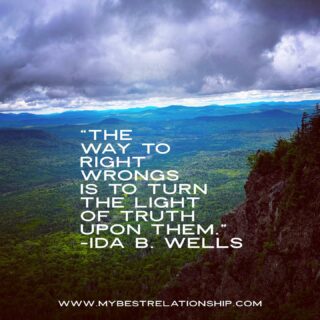

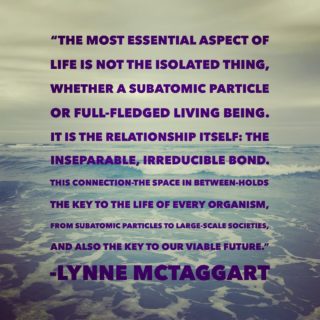


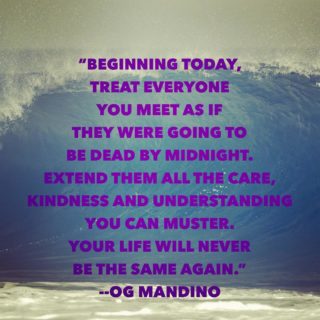
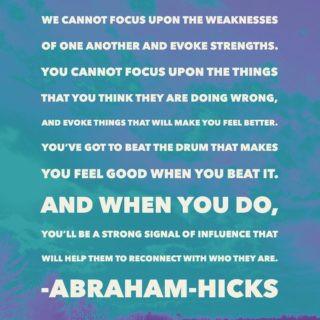






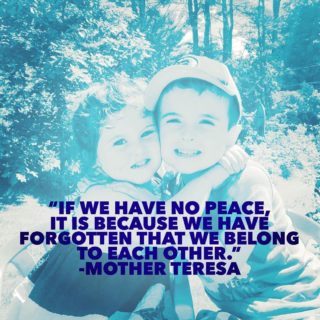
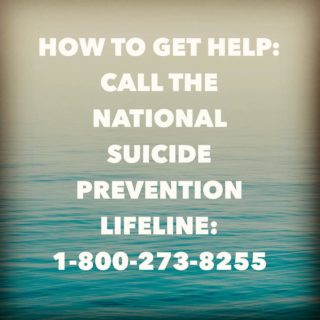

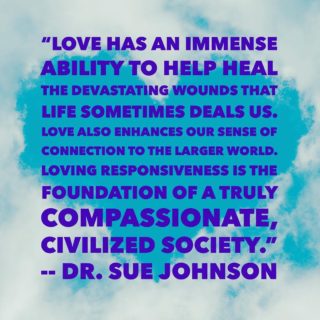
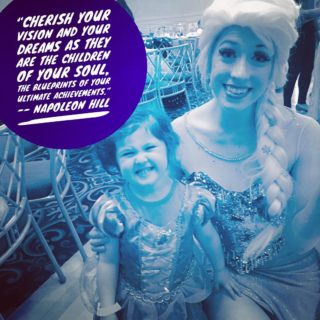
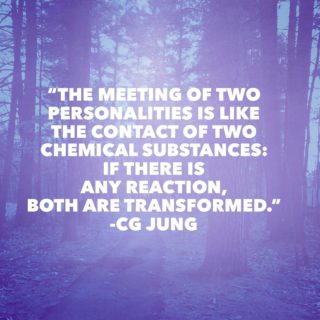



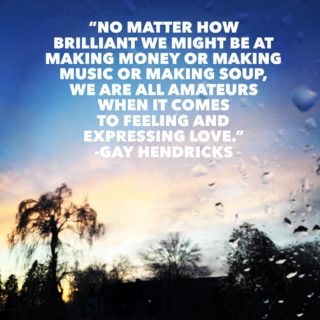

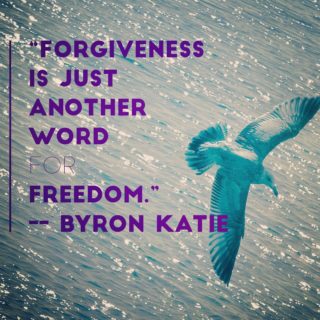






Leave a Reply